If the year 2020 was a bad year where everyone was waiting for Coronavirus vaccine, this year isn’t that much difference, despite the vaccines within reach. As a start, the so-called “best vaccines” with highest efficacy produced by Western countries have been snapped up by rich nations, often many times over their own populations. That leaves poor countries with very little options.
For example, the EU (European Union) has ordered more than 2 billion doses for its adult population of roughly 375 million, while the UK has ordered 219 million full vaccinations for its 54 million adults. Similarly, Canada has ordered 188 million full doses for its 32 million adults – enough vaccines to protect each Canadian five times, clearly a case of selfish hoarding.
In short, the rich nations, despite representing just 14% of the world’s population, have bought up 53% of the vaccines. The People’s Vaccine Alliance has revealed that nearly 70 low-income countries will only be able to vaccinate 1 in 10 people. But even after a country managed to get the supplies, usually consisting of various brands of vaccines, there are still challenges.
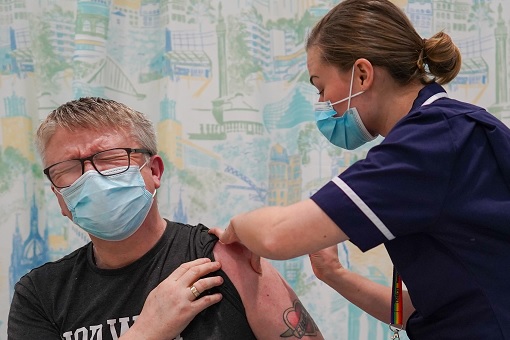
Besides the challenges of sufficient supply, efficient rollout and equitable access, the next hurdle is the acceptance of vaccination. The reluctance, resistance or even opposition of getting vaccinated is understandable due to lack of trust, not too much because of the efficacy, but rather unknown side effects. Even the best and most expensive vaccines are not immune to side effects.
To make matters worse, people are inevitably exposed to misinformation, rumours and conspiracy theories, which may erode their confidence in vaccination. Even billionaire Bill Gates, founder of Microsoft, has been accused of using Covid-19 vaccine to implant monitoring microchips in billions of people. Other rumours included that the mRNA vaccines can change DNA.
Sure, let’s say you wanted to avoid mRNA vaccines developed by American pharmaceutical Pfizer and the German biotech company BioNTech. You somehow trust the University of Oxford and British pharmaceutical AstraZeneca Plc. But now Germany, France, Spain and Italy have joined a dozen of European countries in suspending the AstraZeneca vaccine due to fears of blood clots.
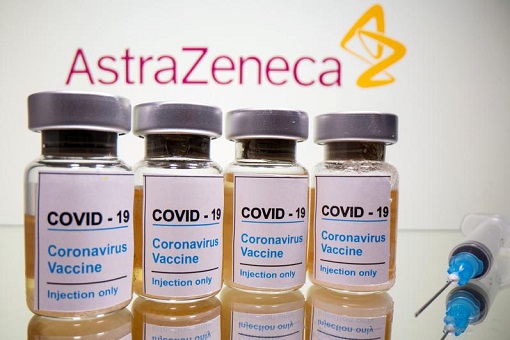
Let’s assume you don’t care and will take whatever brand of Coronavirus vaccines just to get it over. And let’s assume you are lucky enough to be categorized in the priority groups to receive the jab. You received the doses and are fully vaccinated. And you think you can immediately return to normal – no more masks, no more social distancing, and free to attend parties.
Interestingly, many governments have not given a clear guidance in regard to what a fully vaccinated person can or cannot do. As the world struggles to vaccinate the people, confusion arises as to how the vaccinated and unvaccinated can coexist. On Monday, the U.S. CDC – Centers for Disease Control and Prevention – issued some guidelines.
According to the U.S. CDC, if you’ve been fully vaccinated (defined as 2 weeks after receiving the last dose of Covid-19 vaccine):
- You can gather indoors with fully vaccinated people without wearing a mask.
- You can gather indoors with “unvaccinated” people from one other household (for example, visiting with relatives who all live together) without masks, unless any of those people or anyone they live with has an increased risk for severe illness from Covid-19.
- If you’ve been around someone who has Covid-19, you do not need to stay away from others or get tested unless you have symptoms.
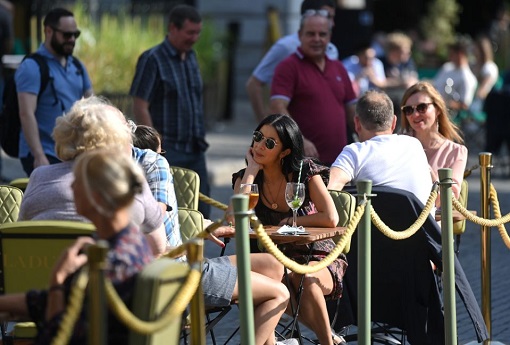
However, if you live in a group (like a detention facility or group home) and are around someone who has Covid-19, you should still stay away from others for 14 days and get tested, even if you don’t have symptoms. Despite vaccination, it’s still possible to contract the disease, simply because there isn’t data just yet on whether the vaccines prevent transmission of the virus.
Therefore, even if you’re fully vaccinated, there’re still a long list of things that you cannot do:
- You should still wear a mask, stay at least 6-feet apart from others, and avoid crowds and poorly ventilated spaces
- You should still avoid medium or large-sized gatherings.
- You should still delay domestic and international travel. If you do travel, you’ll still need to follow CDC requirements and recommendations.
- You should still watch out for symptoms of Covid-19, especially if you’ve been around someone who is sick. If you have symptoms of Covid-19, you should get tested and stay home and away from others.
- You will still need to follow guidance at your workplace.
Naturally, you still should not go to a crowded bar or pub for beer and dance. Essentially, even vaccinated people will need to follow the current standard operating procedure (SOP) or requirements – wearing masks and social distancing – in public area until we reach herd immunity. What this means is vaccination does not give you any special privilege to do whatever you like.
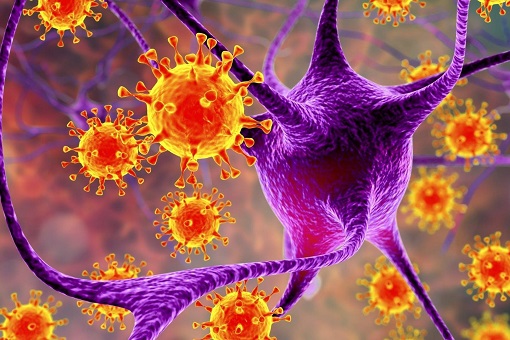
The fact is, even the U.S. CDC is “still learning” the effectiveness of vaccines against variants of the Coronavirus. At the same time, it is also still learning how well Covid-19 vaccines keep people from spreading the disease. More importantly, the CDC is still learning how long the vaccines can protect people, largely because the vaccines were rushed to production without a comprehensive testing.
However, not everyone agrees with the conservative guidelines. Monica Gandhi, an infectious disease physician and professor of medicine at the University of California, argued that there should be no limits on the size of gatherings for fully vaccinated individuals. She said – “They can have dinner parties. They can go to restaurants. They can go to the movies.”
Nevertheless, until the goal of getting 80% people vaccinated to achieve herd immunity in achieved, there will be not much different in terms of lifestyle. What this also means is the economy and business will certainly not skyrocket during the vaccination period. And this is definitely bad news for countries that suffer a poor response from the vaccination program.
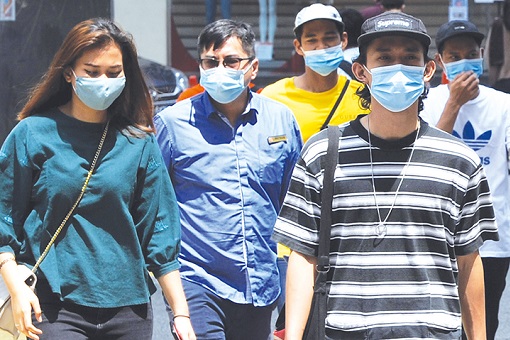
Other Articles That May Interest You …
- After Europe, Thailand Becomes The First Asian Country To Suspend AstraZeneca-Oxford Vaccine Over Fears Of Blood Clots
- Sinopharm And Sinovac – Should You Trust Any Of These Chinese Covid-19 Vaccines?
- South Africa Suspends “Ineffective” Oxford-AstraZeneca Covid-19 Vaccine – Plans To Sell It And Use J&J Instead
- Before You Rush For Covid-19 Vaccine, Remember This – You Can’t Sue Anyone If Suffer Any Serious Side Effects
- The FDA Says Pfizer Vaccine Is Safe & Effective – But There’re Many Horror Stories, Including Allergy Warning
- Forget UK’s Covid-19 Variant – This South African Coronavirus Variant Is Deadlier And Can Spread Even Faster
- Mistake Or Cheating? – AstraZeneca-Oxford Admits Manufacturing Error In Its Vaccine Effectiveness Results
- Moderna Reveals Covid Vaccine – Here’s How This 94.5% Effective Vaccine Differs From Pfizer’s Vaccine
- Coronavirus – Here’s How China Is Back To Normal While The U.S. And Europe Are Getting From Bad To Worse
- Russia Reveals “Sputnik V” – But Scientists Condemn The Coronavirus Vaccine As Risky, Dangerous & Could Backfire
- 3 Coronavirus Variants Discovered – Surprisingly, “Type-A” Found In Americans, Wuhan’s Type-B And Type-C In Europe

|
|
March 16th, 2021 by financetwitter
|


|

|

|

|

|

|




























Great news!
Makes no difference to me or others if I get vaccinated or not.
So I won’t bother – even more so, vaccines are suspected to cause problems and even kill!
Once enough around the world are vaccinated, there should be no problem overall, Alhamdulilah! So vaccinated or not, just don’t come near me, and wear your masks all the time, and maybe forever.
Covid will soon be over, just wait another ten years and all will be well.
Well, almost… All sorts of new viruses have been promised, so meanwhile stay panicky and kiasi like all good Malaysians do. And, remember, if Covid doesn’t get you, our crap gomens and politicians can still get you killed in 1001 ways, insyallah.
Meanwhile, mind how you cross the road, we also have plenty of moron drivers who would get you and themselves killed even without any jihadi intent, Ameen.
Hope you’ll still be around to see my next post, insyallah!